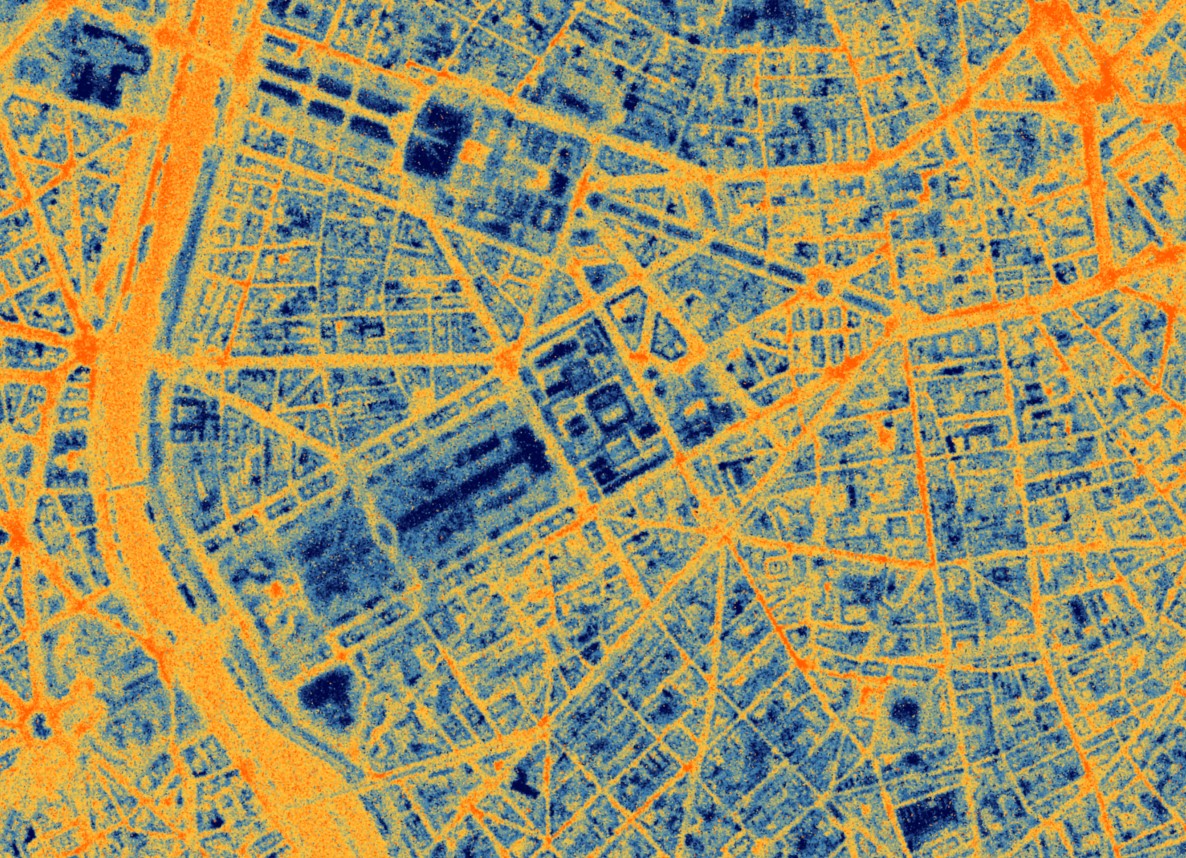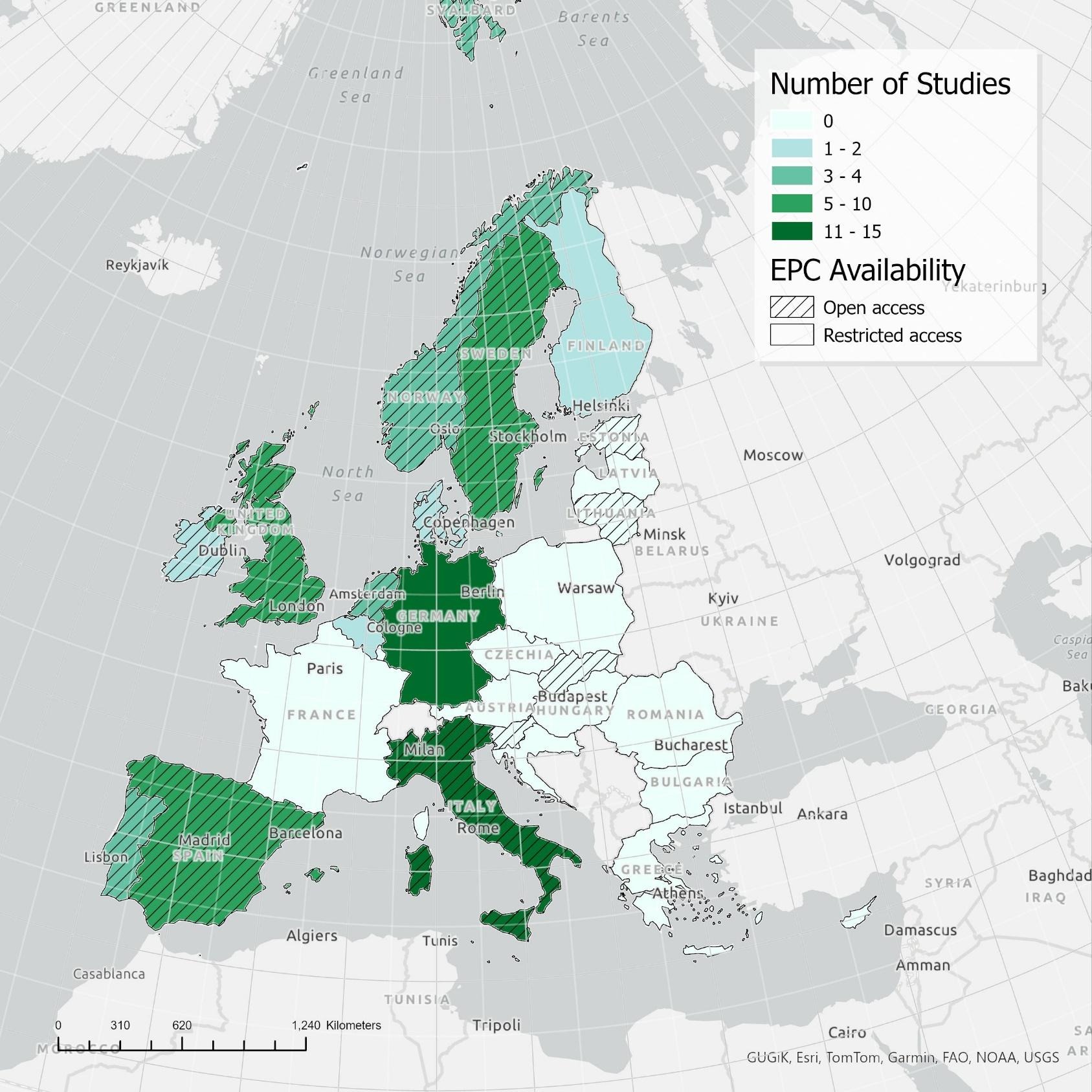MSc in Urban Analytics study visit to Aalto University in Finland

Four UBDC students on our MSc in Urban Analytics programme have recently returned from a rewarding study visit to Aalto University near Helsinki, Finland.
Geoinformatics is a multidisciplinary field at Aalto University and their research and applications cover a wide range of themes from human-centred to natural environments. In Aalto, the research areas include geodesy, geoinformation technology, digital photogrammetry and laser scanning, and remote sensing.
Dr Henrikki Tenkanen from the Department of Built Environment welcomed the visiting group and led their itinerary. Dr Tenkanen heads the GIST Lab which aims to advance research, teaching and open-source scientific software development around a variety of topics such as: GIScience; spatial accessibility and mobility analysis; sustainable use of water resources; cybersecurity around open spatial data; and software for advancing open science.
The study visit provided an opportunity for the next generation of urban analytics students from Glasgow to develop their networks and exchange ideas.

In this blog, Hao Wu, Congying Hu, Ratnil Shrivastava and Meiqi Zhao share their experiences, and Dr Qunshan Zhao summarises the importance of study visits like this one for our MSc students.
Hao Wu said: “As a graduate student in Urban Transport, I'm grateful for the chance to be a part of this short-term exchange program. At Aalto University, I got to know a group of very intelligent and creative people, and exchanging ideas with them was truly enlightening.”
“I attended courses such as advanced remote sensing, spatial data science for sustainable mobility, and geographic data mining. I had the opportunity to practice some cutting-edge geographic information science techniques under comprehensive guidance. These classes expanded my perspectives, improved my skills, and made me think about my research in new ways.
“I also participated in the Geoinformatics Research Days event. There were many experienced professionals delivering engaging presentations which helped me get a clear sense of industry trends. I was fortunate to have discussions about geographic information science education with scholars from around the world, which provided valuable insights for my future career.”
Congying Hu said: “My exchange experience at Aalto University has been a transformative journey, into a world of knowledge, diverse connections, and cultural immersion.
“The professors at Aalto University are not only highly skilled and dedicated to their expertise, but they also exhibit open-mindedness and kindness in their instruction and advice. The workshops led by Prof. Henrikki Tenkanen from Aalto University and Prof. Jukka Krisp from University of Augsburg provided invaluable insights and enhanced our skills in spatial data analysis with advanced Python packages and visual data mining software.
“Participating in a course alongside Geoinformatics students expanded my understanding of remote sensing data and allowed me to delve deeper into this fascinating field. Attending the Geoinformatics research conference offered a valuable glimpse into the latest research and interests of Finland's researchers and students. This has given me invaluable insights and fresh perspectives.
“Beyond academia, I had the privilege of immersing myself in the Finnish lifestyle. It was great to be part of the Geoinformatics annual get-together, where we connected with fellow students, engaged in
cultural discussions, and experienced an authentic Finnish sauna. Moreover, exploring Helsinki's scenic views with its excellent cycling infrastructure became a daily routine, allowing me to live like a local and truly experience the city. Staying in Helsinki has truly familiarized me with the concept of a healthy and sustainable lifestyle.”
Ratnil Shrivastava said: “It was a wonderfully enriching experience to learn new things and broaden my horizons. The first module, conducted by Dr Miina Rautiainen and Dr Iuliia Burdun, discussed remote sensing and cloud computing tools such NASA’s Eyes on Earth, USGS Earthexplorer and Google Earth Engine to explore, visualise and analyse various types of satellite data. The session gave me insights on how to explore and utilise the available datasets for advanced remote sensing.
“The workshop on Sustainable Urban Mobility, coordinated by Dr Henrikki Tenkanen, explored the role of spatial data science in understanding sustainable urban mobility. His presentation offered a unique viewpoint on the convergence of geoinformatics and urban planning, focusing light on the importance of sustainable mobility solutions.
“The Geoinformatics Research Days showcased the latest advancements and research in the field, exposing me to contemporary ideas, research and technologies. The speakers presented their research on different urban analytical themes. Post this, a session was organised by Dr Jussi Nikander for student to discuss, deliberate and brainstorm on various verticals of geoinformatics discipline such as the course, its utility, skill development and career prospects etc. It was an exceptional opportunity to engage with other students in the field and foster meaningful connections.
“The special course on Visual Geodata Mining, led by Professor Jukka Krisp from the University of Augsburg, an exhaustive session which investigated visual exploration of geospatial data. Two exercises were undertaken to gain working knowledge and hands-on experience of geodata mining using GeoViz toolkit and GeoDa software. The course provided a conceptual exploration of the subject and opened vistas to learn and explore new techniques for visualising and analysing geospatial data.”
Meiqi Zhao said: “Aalto University's short exchange programme was very informative. We not only learnt and improved our data analysis skills related to the field of urban analytics, but also learned about cutting-edge research in the field of geographic information. Talking with academics in the field broadened our horizons and made us think more about our own career paths.
“Firstly, we attended the Advanced Remote Sensing course at Aalto University. We got a lot of resources related to Earth observation and learned to use the Google Earth engine. In addition, the Sustainable Urban Mobility workshop and the Visual Geodata Mining course improved our data analysis skills. Finally, the Geographic Information Research Days provided us with an insight into the interesting research of many academics and informed further discussion.
“The exchange programme included various group discussions on different topics with teachers and students from different countries, and we improved our communication skills exchanging ideas about our own research and careers.”

Qunshan Zhao, MSc Urban Analytics Programme Convener and Senior Lecturer in Urban Analytics concluded: “This was an excellent opportunity to establish university level collaboration between the Geoinformatics Major at Aalto University in Finland and the MSc Urban Analytics and Urban Transport at the University of Glasgow in Scotland. This reflects the long-term collaboration between the two countries and helps to spark our mutual interests in research and teaching into the future.
"In this first year of the exchange, the University of Glasgow generously provided funding for two MSc students, easing the financial burden of study abroad for our best MSc students. We envisage this exchange will be a long-term collaboration between the two departments and we are awaiting the funding decisions from the new UK Turing Scheme to help support future exchange opportunities of this kind in the coming years.
"If you are interested in learning data science to address new and existing urban questions, and are keen to have excellent study aboard experience, feel free to check out our MSc page."
Files
Latest news

UBDC support for Brazil's 'Map of the Peripheries'
The Urban Big Data Centre is joining a new partnership with Brazil’s Secretaria Nacional de Periferias, and the Humanitarian Open Street Map Team aimed at supporting the Map of the Peripheries project.
%201.svg)

European Space Agency funding UBDC and SatVu to develop Heat Loss Index
The European Space Agency (ESA) is funding a feasibility study, led by SatVu in collaboration with the University of Glasgow, to enhance the analysis of building energy efficiency.
%201.svg)

How investing in energy efficient homes pays back – twice!
New review on the impact of energy efficiency shows that more efficient properties are cheaper to run and worth more to sell.
%201.svg)
Jointly funded by
%20copy.png)
.png)



.svg)
.svg)




